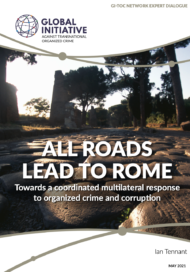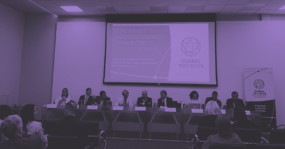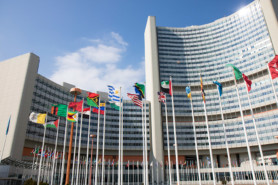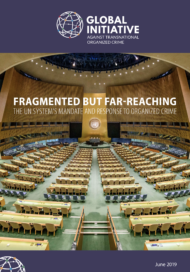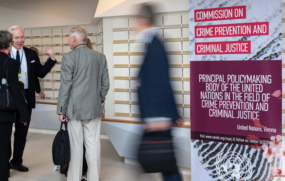Event Details
Posted on 20 May 2021
This year, Italy holds the presidency of the G20, and continues to chair its G20 Anti-Corruption Working Group. One of the priorities of the group for the year is to draw attention to the importance of and galvanize improved responses to the links between organized crime and corruption.
Addressing these links is difficult, however, partly because of the lack of accepted definitions and universal understanding of both terms. Besides, the two phenomena – organized crime and corruption – have tended to be researched and addressed as two separate issues, and, likewise, multilateral responses also tend to address them separately. This report is titled ‘All roads lead to Rome’ because the G20 leaders’ summit, held in Rome in October 2021, comes at a time when the issues discussed here need to be taken more seriously and more urgently.
It is clear that the strategies and tools we use to tackle organized crime and corruption at the multilateral level are not the same, and are applied separately, as opposed to in a connected way and, most importantly, there is a lack of a coherent vision to inform how the range of measures should be used more coherently.
Organized criminals and corrupt networks exploit this lack of coordination and vision, and use their powerful networks to get round the barriers that the international community has put in place – and they are succeeding. If we can build a more comprehensive, robust and coherent global system of coordination and purpose of vision, we give ourselves a better chance against the seemingly insurmountable challenges that we face in unpicking the links between organized crime and corruption.
The experts consulted for this brief all acknowledged the massive scale of the challenges that we face, and explain what is missing in our response. But they also offer signs of hope, and recommendations for making change through the international system, including the need to treat organized crime and corruption together as ‘organized corruption’ as a single phenomenon rather than as two distinct problems.
